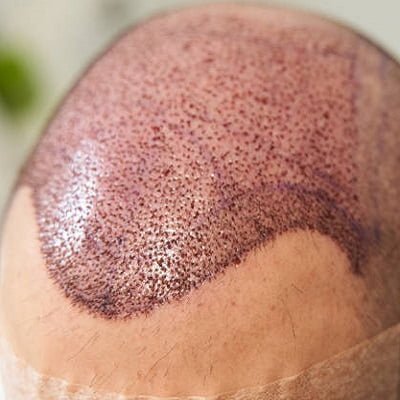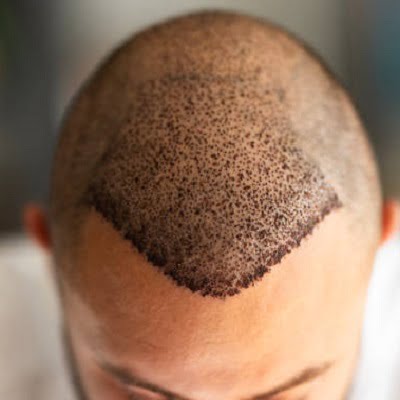
A lot of houses have problems with hard water. Therefore, it can harm hair in some remedies. Furthermore, it’s especially essential for individuals who have hair transplant surgery to know about hard water. Moreover, they must know Whether Hard Water Affects Transplanted Hair. Hence, we will discuss all the related details in this blog.
Understanding Hard Water
There are several minerals in hard water, primarily calcium and magnesium. Water that flows through layers of limestone, chalk, or gypsum picks up those minerals. Therefore, this is what we suggest when we say “hard water.” Moreover, this mineral-rich water can go into the roots of hair and surfaces, which may be bad in some treatments.
Does Hard Waters Affect Transplanted Hair?
People who have transplantation can get the answer to the question Does Hard Waters Affect Transplanted Hair from the below details.
Hair can be broken by hard water in some ways, including:
- Mineral Buildup: The minerals in hard water can build up on the head and hair. Therefore, leaving it at the back of a film may make hair experience heavy, greasy, or grimy even after washing it.
- Dry and Brittle Hair: Dry, brittle, and wrecked hair can result from hard water stripping away natural oils. This can be especially frightening for transplanted hair, which needs careful handling while it heals.
- Dullness: Mineral buildup in hair can make it look dull. Moreover, it takes away the hair’s natural shine and brightness.
- Scalp Problem: Dry, itchy, and dandruff hair issues worsen with hard water. Therefore, having a healthy head after a hair transplant is crucial.
Why is Hard Water Harmful?
Natural hair and transplanted hair can be harmed by hard water. Human beings who have lately had hair replacement surgical procedures want to be extra careful:
- The head wishes for time to heal after a hair transplant. Therefore, the hair cells are very fragile during this time, and additional pressure from hard water can slow down the repair method.
- Mineral buildup can block hair follicles. Therefore, it can make it hard for new hair to develop. Additionally, it can normally harm the health of the follicles.
- Transplanted hair is likely to break at first. Hard water makes hair dry and brittle. Therefore, it can weaken new hair and cause it to break and fall out.
How to Keep Transplanted Hair Safe from Hard Water?
To lessen the harm that hard water does to transferred hair, attempt the following:
- Installing a water softener in your home can help lower the amount of minerals on your water to make it higher for your hair and skin.
- Using a showerhead with an integrated filter can remove some of the salts and other impurities in the water, making it less likely that they will build up and cause harm.
- Shampoos that put off mineral deposits are carefully made to do this. Disposing of hard water buildup and using these gadgets once per week can help keep hair wholesome.
- After cleansing your hair, you might want to give it one final rinse with distilled or purified water to remove any minerals that remain in the hard water.
- To prevent your hair from becoming dry and brittle from hard water, use shampoos and hair masks that contain moisturizing ingredients.
- Using hard water to scrub your hair too frequently can exacerbate dryness and buildup. Moreover, try to wash your hair no more than two or three times per week.
- Regularly rubbing the scalp with oils or the usage of products for the scalp can help keep it moist and free of buildup.
Final Thoughts:
Even though hard water can make it hard to keep hair wholesome, particularly after a hair transplant, there are methods to reduce its impact. Hard water can damage transplanted hair, but you could defend it through gaining knowledge of the effects it can have and taking steps to keep away from them. Taking good care of your hair may develop and provide you with the overall, healthful head of hair you need.
Schedule your booking with the best hair transplant surgeon at SKN Cosmetics Islamabad and get help with all transplantation problems.




